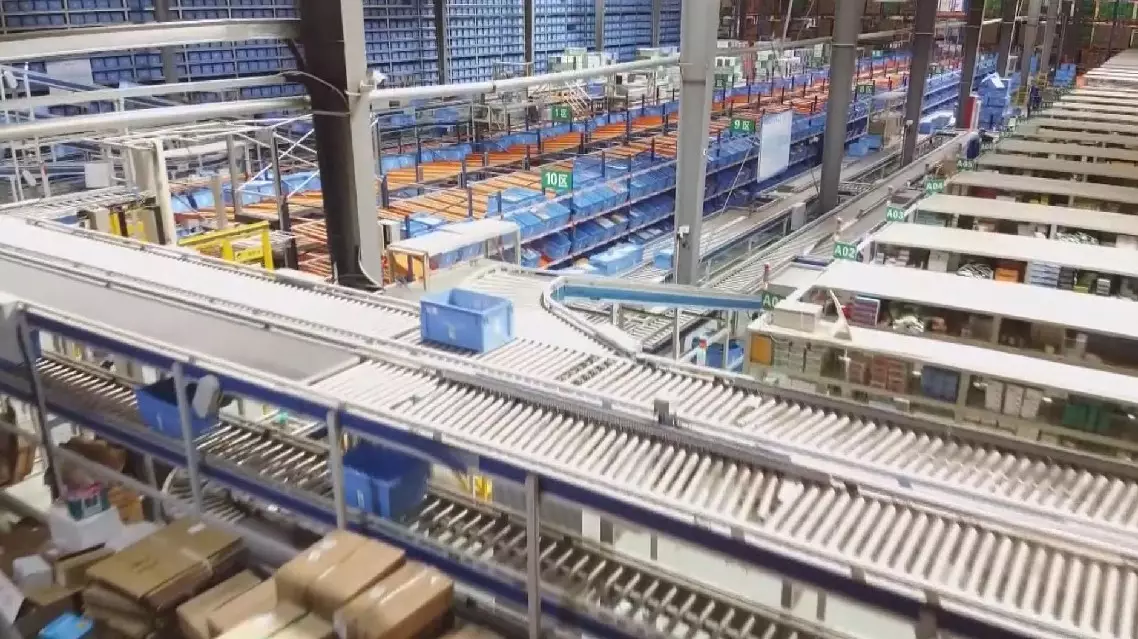China continues to lead the world in logistics demand, with a growing industry now focused on improving quality and efficiency, according to an official with the China Federation of Logistics and Purchasing (CFLP) at an academic conference on Saturday.
The 2024 China Logistics Academy Annual Conference, held from Friday to Sunday in Langfang City of north China's Hebei Province, brings together experts and scholars in the logistics sector for discussions across 11 sub-forums.
He Liming, head of the CFLP, told the conference that China remains the world's largest logistics market, with the sector seeing considerable growth.
The country is home to over 10,000 A-level logistics companies and 2,700 logistics parks spanning over 100,000 square meters. The emerging system of logistics corridors, hubs, and networks is streamlining operations and fostering greater efficiency in the sector.
Companies are increasingly embracing new technologies and business models, with smart logistics leading the charge in shaping the future of the industry.
In the first three quarters of this year, the ratio of social logistics costs to GDP stood at 14.1 percent, reflecting a 0.1 percentage point drop from the first half of the year and a 0.2 percentage point decrease compared to the same period last year, signaling a steady decline in overall logistics costs.
"Overall, China's logistics industry is transitioning from rapid expansion in scale to a new phase centered on enhancing quality and efficiency. This shift requires the development of new quality productive forces to meet and create new demands. By adjusting industrial structure and promoting reforms, China aims to reduce logistics costs nationwide and accelerate the transition from a logistics giant to a global logistics leader," He said.
He also pointed out that China's vast logistics industry provides essential support for developing new quality productive forces. In recent years, smart logistics has surged, driving the emergence of a number of prominent digital logistics platforms. For example, China currently has over 3,000 online freight platforms, illustrating the deep convergence of the digital and real economies fueled by the integration of massive data and diverse application scenarios.

China remains largest global logistics market, shifts focus to efficiency









